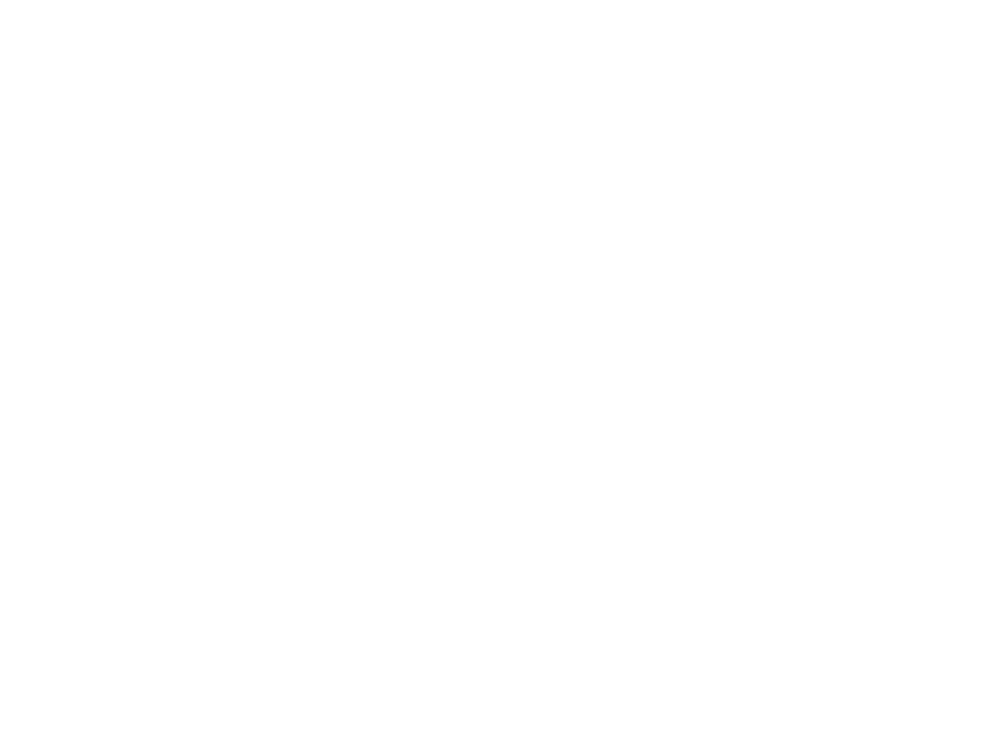Sudan fuel crisis continues amid complaints about corruption
The fuel crisis is continuing in various parts of Sudan, while people complain about fraud. At the land port in Khartoum, the prices of bus tickets increased by 100 per cent on Thursday, because of the shortages of fuel, in particular at the destinations in the various states.
 Waiting to buy fuel in Nierteti, Central Darfur, March 15, 2020 (RD)
Waiting to buy fuel in Nierteti, Central Darfur, March 15, 2020 (RD)
The fuel crisis is continuing in various parts of Sudan, while people complain about fraud. At the land port in Khartoum, the prices of bus tickets increased by 100 per cent on Thursday, because of the shortages of fuel, in particular at the destinations in the various states.
People living in El Tadamon at the border of South Kordofan and Blue Nile state reported to Radio Dabanga that almost no fuel is found anymore in the area.
They accuse members of the security apparatus of smuggling petrol and diesel. “The regular forces buy most of the fuel rations that reach the town and store it in barrels,” one of the sources said. “This acerbates the fuel crisis to a large extent.”
Sennar in central Sudan is still witnessing long lines of vehicles in front of the petrol stations.
Khojali Bashir, a leading member of the Forces for Freedom and Change in Sennar told this station that the state is currently experiencing a dire fuel crisis. “Though Sennar received its share of fuel the past two days, we still have to line up in front of fuel stations to buy a bit of petrol,” he complained. “We all wonder where the fuel has gone.”
A listener in Port Sudan, capital of Red Sea state, reported that the fuel crisis led to price rises and corruption. “A gallon [4,2 litre] of petrol now costs SDG 1,280* and a gallon of diesel SDG 320 on the black market.
“The high demand caused by the shortages and the low fuel prices at the fuel stations lead to corruption,” he explained. “Moreover, gold miners in the area are consuming large quantities of fuel.”
The source pointed to the prices of subsidised fuel. “The fuel stations sell a gallon of petrol for SDG 104 and diesel for SDG 20, which encourages black market dealers and smugglers to buy large quantities of cheap fuel."
In an attempt to stop fraud, the acting governor of West Darfur, Maj Gen El Rabee Abdallah, restricted the sale of fuel to petrol stations only on Wednesday. Violations will be punished with a fine of SDG 100,000.
The supplying of petrol or diesel to vehicles with locally manufactured tanks that have a capacity of more than 100 litres, was prohibited as well. The owner of the vehicle will be punished with a fine of SDG 150,000 and imprisonment, and the pump owner will be sentenced to one-month imprisonment. The license for the pump will be cancelled and the fuel confiscated.
Last week, people told Radio Dabanga from Port Sudan that most of the petrol and diesel are sold on the black market because the absence of the Rule of Law and the lack of control by the authorities. The governor of Khartoum proposed a mechanism to combat embezzlement and illegal storage of fuel and flour.
Soaring ticket prices
On Thursday, bus tickets prices increased by 100 percent at the main travel bus station in Khartoum due to the lack of fuel. Hundreds of travellers crowded in the halls in search of cheap tickets.
The transport of people between Khartoum and River Nile state stopped because of the shortage of fuel. Representatives of travel bus companies confirmed the news. Transportation has been halted especially between Khartoum and Atbara, they said.
In North Darfur, hundreds of travellers closed the entrance to the land port in the state capital of El Fasher in protest against the increased prices of travel bus tickets.
The price of a ticket from El Fasher to Nyala jumped from SDG 600 to SDG 2,000. People now pay SDG 3,000 for a ticket from El Fasher to El Geneina in West Darfur.
* USD 1 = SDG 55.1375 at the time of publishing this article. As effective foreign exchange rates can vary in Sudan, Radio Dabanga bases all SDG currency conversions on the daily middle US Dollar rate quoted by the Central Bank of Sudan (CBoS).
Radio Dabanga’s editorial independence means that we can continue to provide factual updates about political developments to Sudanese and international actors, educate people about how to avoid outbreaks of infectious diseases, and provide a window to the world for those in all corners of Sudan. Support Radio Dabanga for as little as €2.50, the equivalent of a cup of coffee.









 and then
and then